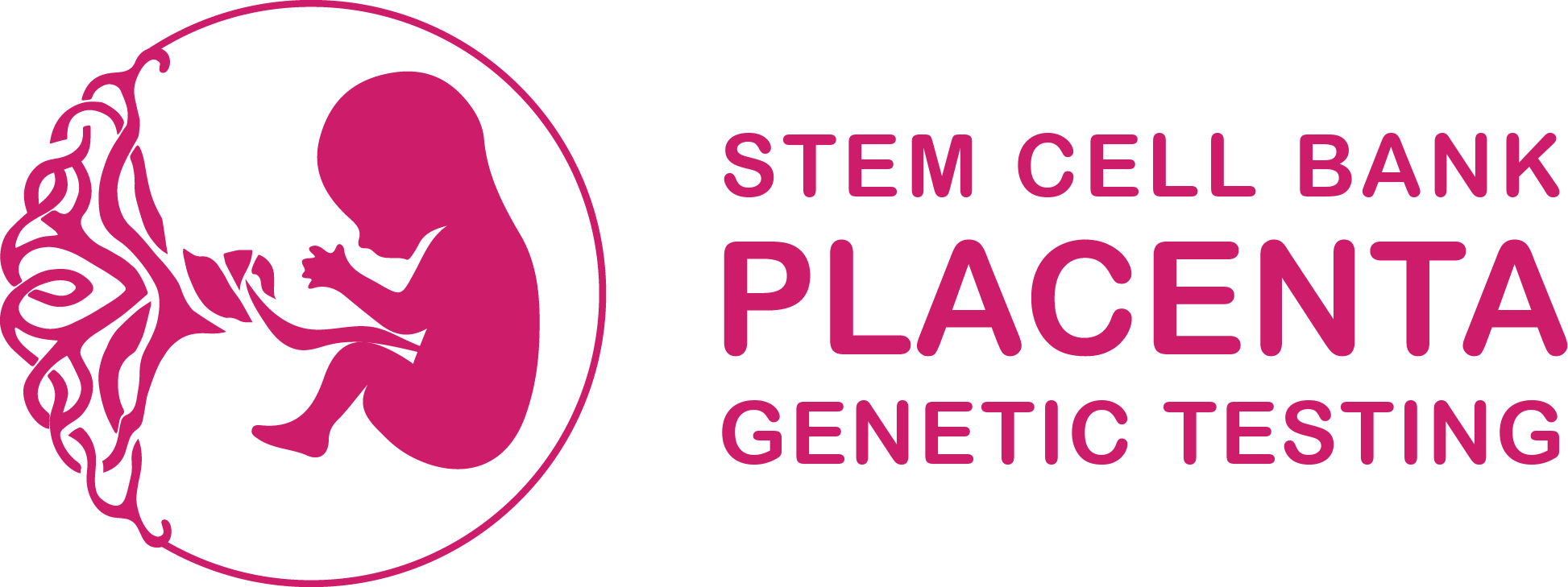FamiBlog
Foetal growth restriction (FGR)
Foetal growth restriction is a complication that occurs in up to one in 10 pregnancies. It requires regular check-ups with the gynaecologist and is often associated with the need for a premature birth. Find out more about the causes and treatment of foetal growth restriction.

19 January 2024
What is foetal growth restriction?
Foetal growth restriction (FGR) is a condition in which the estimated weight of the baby is too low in relation to the gestational age. In addition to the baby's estimated weight, the diagnostic criteria also include parameters such as abdominal circumference.
Foetal growth restriction can be divided into early and late. Early is when it occurs before 32 weeks and late is when it occurs in the following weeks. Each type of FGR has its own specific causes.
What are the causes of foetal growth restriction?
Every expectant mother should have a so-called composite test carried out in the first trimester. In addition to the risk of chromosomal abnormalities, this also determines the risk of pre-eclampsia and growth restriction. In the event of an increased risk, prophylaxis is possible by taking 150 mg acetylsalicylic acid.
The causes of foetal growth restriction include maternal causes. For example:
- Age over 40 years
- Chronic high blood pressure
- Smoking during pregnancy
- Diabetes mellitus with vascular lesions
In addition, TORCH infectious diseases such as toxoplasmosis or cytomegalovirus during pregnancy can also be the cause of growth restriction. Growth restriction can also be associated with chromosomal aberrations.
Foetal growth restriction - treatment
If fetal growth restriction is detected, the gynaecologist usually looks for possible causes for this condition. The gestational age will be checked and tests for toxoplasmosis or cytomegalovirus may also be ordered. The growth of the foetus should be examined at the hypotrophy examination centres. Ultrasound examinations, including vascular perfusion, are performed once every 1-2 weeks, depending on the individual case. If the foetal weight is estimated to be low but vascular flow is normal, delivery should be carried out after the 37th week of pregnancy. However, if abnormal flows are detected in the baby or if the KTG recording is abnormal, a premature termination of pregnancy may be necessary. It is very important that a woman at high risk of growth restriction receives continuous care at a specialised centre.
Sie interessieren sich auch für:
Intimate infections during pregnancy
Many expectant mothers struggle with the annoying symptoms of intimate infections during...
Sore throat during pregnancy
A sore throat is a relatively common condition that also affects pregnant women. However, not all...
Eating raw meat during pregnancy
During pregnancy, the expectant mother has many desires. But not all of them can be freely...
Stem cells and cord blood
Bone marrow was the primary source of stem cells (bone marrow transplantation involves...































